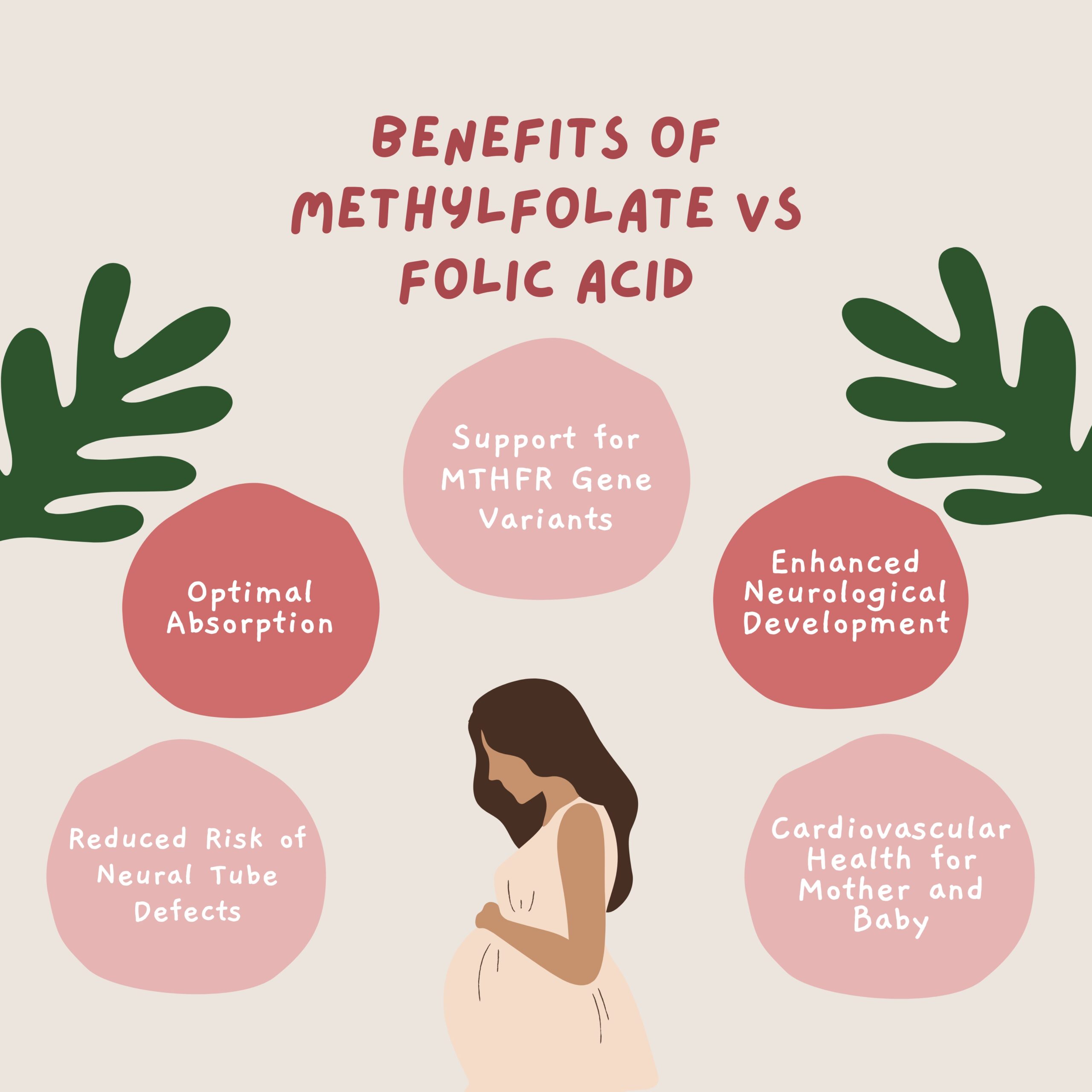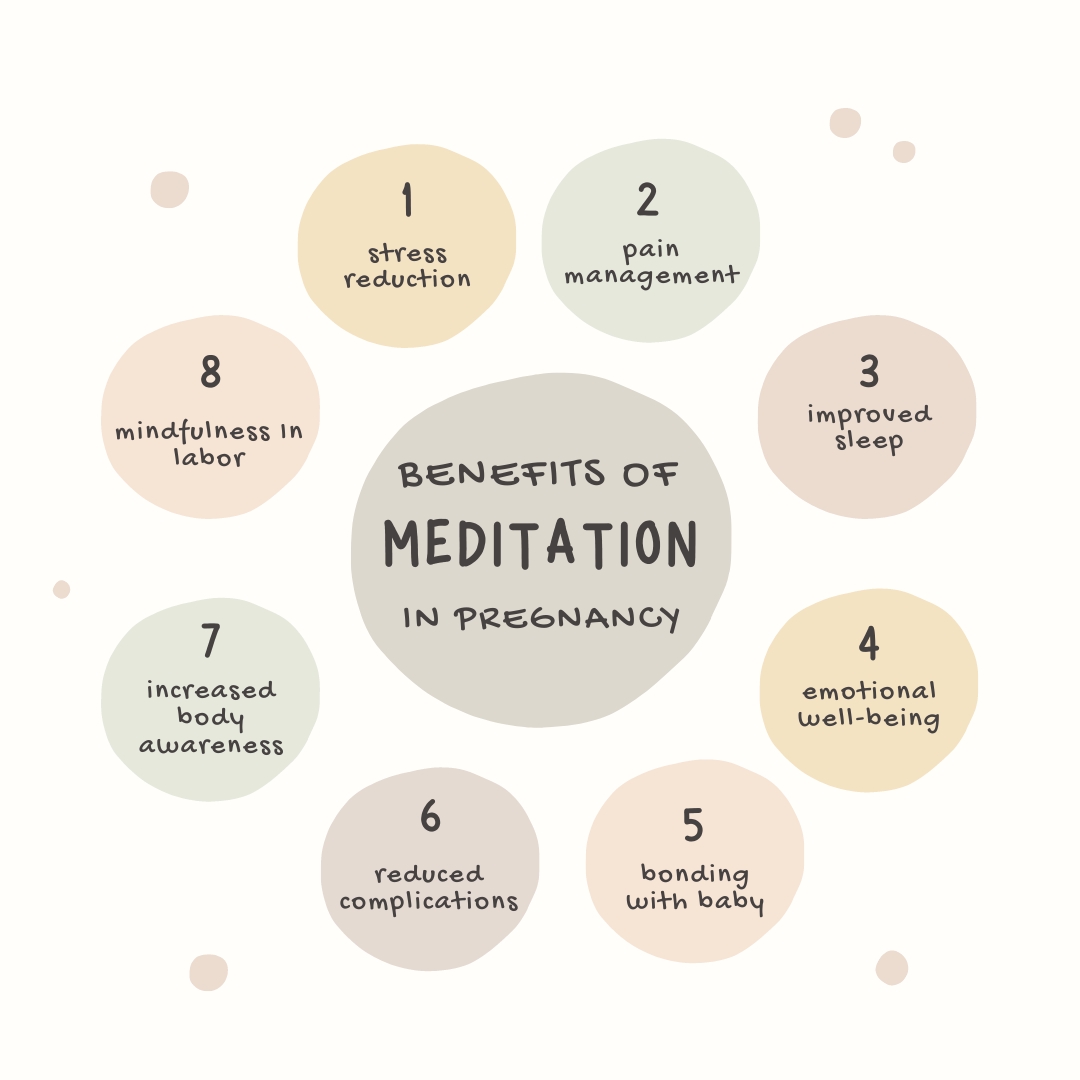Meditation can offer numerous benefits for pregnant individuals and can be particularly helpful during pregnancy and labor. While it is essential to consult with a healthcare professional before starting any new practice during pregnancy, here are some potential benefits of meditation:
- Stress Reduction: Pregnancy can be a time of significant emotional and physical changes, which may lead to increased stress levels. Meditation techniques, such as mindfulness or deep breathing, can help reduce stress and promote relaxation, which is beneficial for both the parent and the developing baby.
- Pain Management: Meditation can teach individuals how to cope with discomfort and pain, which can be useful during labor. By learning to focus the mind and remain present, parents can better manage pain sensations and approach labor with a calmer mindset.
- Improved Sleep: Pregnancy often brings sleep disturbances due to hormonal changes and physical discomfort. Regular meditation practice can promote better sleep and overall well-being, allowing pregnant individuals to feel more rested.
- Emotional Well-being: Meditation can enhance emotional resilience and stability during the ups and downs of pregnancy. It provides a space for self-reflection, self-compassion, and the opportunity to address any fears or anxieties related to pregnancy and labor.
- Bonding with the Baby: Meditation can facilitate a deeper connection between the parent and the unborn baby. By focusing on the sensations and movements within the body, meditation can create a sense of closeness and intimacy with the baby.
- Reduced Pregnancy Complications: Chronic stress during pregnancy has been associated with an increased risk of certain pregnancy complications. Meditation’s stress-reducing effects may contribute to a healthier pregnancy and potentially reduce the risk of certain issues.
- Increased Body Awareness: Pregnancy brings significant changes to the body, and meditation can enhance body awareness. This heightened awareness can help parents tune into their body’s needs, recognize signs of discomfort or tension, and respond appropriately.
- Mindfulness in Labor: Mindfulness techniques learned during meditation can be beneficial during labor. By staying present and focused on each moment, parents can navigate the challenges of labor with greater clarity and control.
- Shorter Labor Duration: Some studies suggest that regular meditation practice during pregnancy may lead to shorter labor duration and reduced need for medical interventions. However, more research is needed to establish a definitive link.
Remember that meditation is a complementary practice and should not replace medical care or professional advice during pregnancy and labor. If you’re considering incorporating meditation into your pregnancy journey, consult with your Midwife or OB to ensure it’s safe and suitable for your specific situation. You can also consider attending prenatal meditation or mindfulness classes led by experienced instructors who understand the unique needs of pregnant individuals, as this is a specialized practice.
By: Quinn Strong








